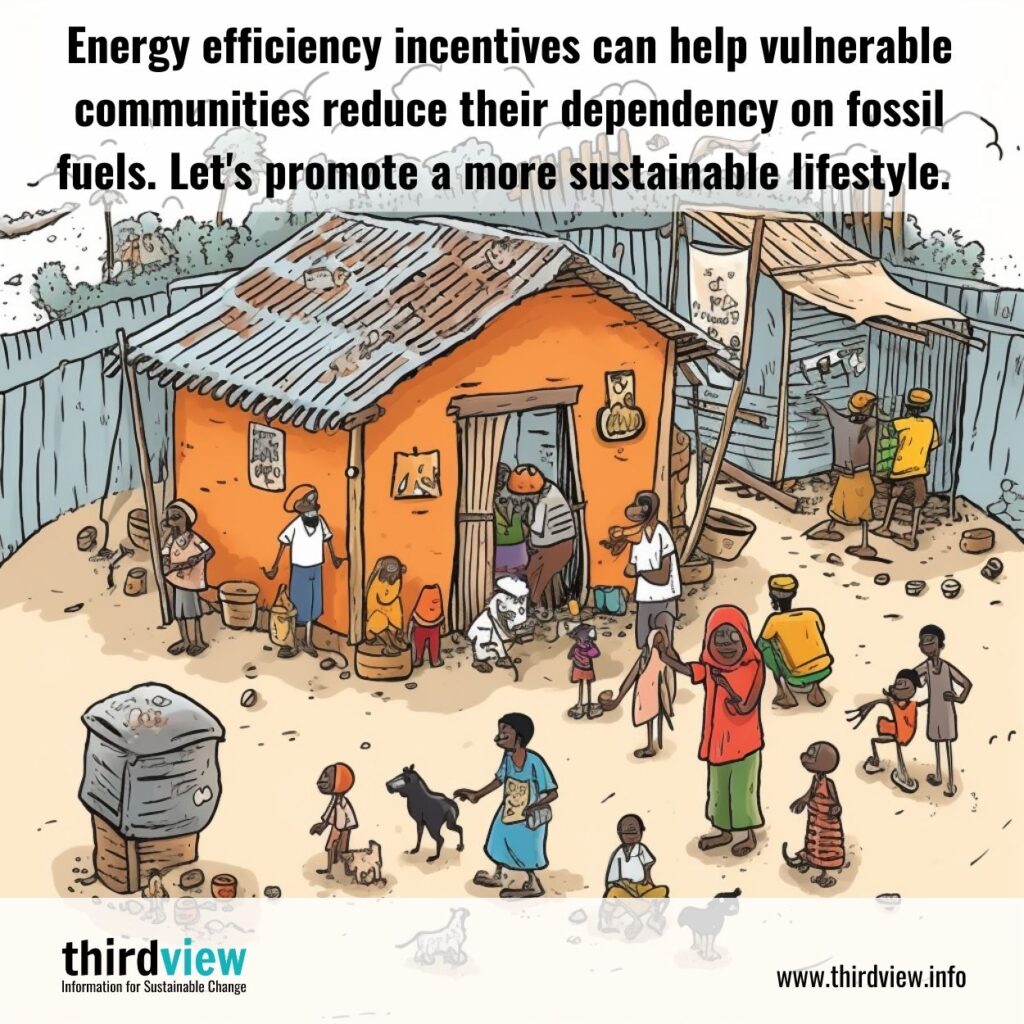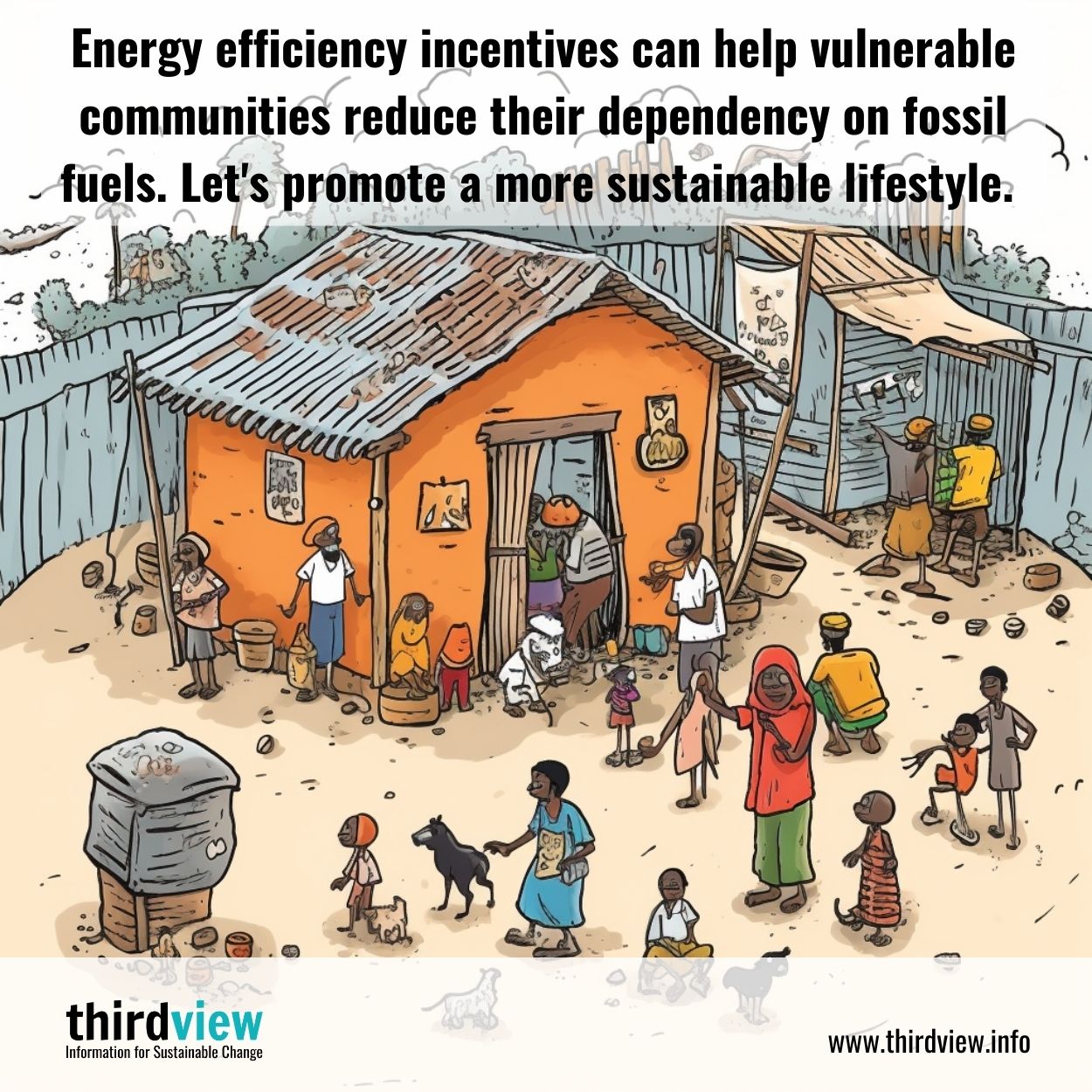Phasing out fossil fuel subsidies is essential for the health of our planet and our society in the long term. It is crucial to ending our dependency on fossil fuels and mitigating climate change. However, the immediate effects of this transition can be challenging for low-income communities that depend on fossil fuels for their daily life needs. The question remains, how can we protect the poor and affected communities when phasing out fossil-fuel subsidies?
Creating Energy Efficiency Incentives
We need to create mechanisms to promote energy efficiency to help people reduce their dependency on fossil fuels. The best way to ensure this happens is to offer energy efficiency incentives that allow people to conserve energy by utilizing more energy-efficient appliances in their homes. Governments and NGOs can provide subsidies and tax incentives to people who adopt a more energy-efficient lifestyle.
Offering Alternative Energy Options
As we move away from fossil fuels, we need to provide alternative energy options to people who depend on them daily. This can be in the form of clean and renewable energy sources like solar, wind, or hydro. Governments can help communities invest in this new technology and provide subsidies to ease the transition. It will reduce greenhouse gas emissions and create clean and sustainable energy that won’t be subject to price fluctuations.
Targeted Assistance
It is essential to provide targeted assistance to low-income communities that significantly depend on these fossil fuels. Aid can come in the form of cash transfers or targeted subsidies that help low-income households meet their energy needs during the transition. This approach will ensure that everyone can access affordable and reliable clean energy services and mitigate the effects of energy poverty.
Build Political Support
Governments must engage with the public in a comprehensive way and build political support for an energy transition. They must ensure that the phase-out does not cause any undue harm to low-income communities. There must be a transparent and participatory process with open dialogue with stakeholders to find solutions that everyone can agree on.
Empower Communities
Lastly, it is critical to empower communities to make their voice heard in decision-making processes. It is essential to consult directly with the community and address their concerns in the energy transition. Community-based organizations must have a seat at the table, and governments must be open and transparent in their decision-making processes.
Given the urgency of climate change, phasing out fossil fuel subsidies is critical. However, ensuring that we protect the most vulnerable in the transition is crucial. Fortunately, there are various measures we can take, such as energy efficiency incentives, alternative energy options, targeted assistance, building political support, and empowering communities to help minimize the impact on low-income communities. Ultimately, the transition to renewable energy can provide long-term benefits by creating green jobs, improving public health, and stabilising energy prices over time. Let us all work together to protect the poor and affected communities during this crucial phase.


